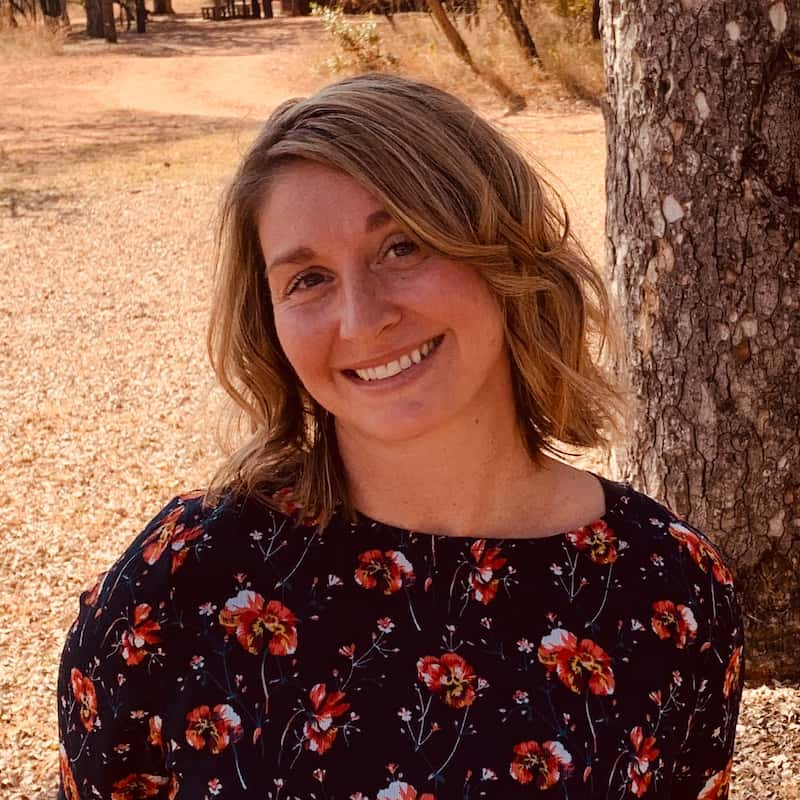
McHale, Melissa
Associate Professor, Urban Ecology and Sustainability
Department of Forest Resources Management
Forest Sciences Centre 4625
2424 Main Mall
Vancouver, BC V6T 1Z4
Canada
work phone: 604-827-3150
Dr. Melissa McHale is an urban ecologist whose internationally recognized work mobilizes cutting-edge urban theory and practical science for decision-making in cities. She received a BS in Conservation Ecology from Rutgers University, a PhD in Ecology from Colorado State University, and served as a postdoctoral research fellow with the Central-Arizona Phoenix Long-Term Ecological Research (CAP-LTER) site at Arizona State University. Before moving to the University of British Columbia she was an Associate Professor at North Carolina State University and then Colorado State University. Melissa also served as Honorary Research Fellow at the Wits City Institute, at the University of the Witwatersrand in South Africa.
Dr. McHale is the recipient of multiple grants and awards including a National Science Foundation-funded Urban Long-Term Research Area (ULTRA-ex) program and the Distinguished Ecologist Alumni Award from CSU. As founding director of the Urban Sustainability Research Network in Fort Collins, Colorado, she fosters collaborations among academics and practitioners to develop innovative research projects with measurable impacts. Melissa also serves as a science advisor to cities, other government agencies, and non-profit organizations, and currently sits on the Science and Research Committee for the Sustainability Advisory Council (SAC) in the City of Denver, as well as on the leadership team for the United States Forest Service’s Denver Urban Field Station (USFS DUFS).
Melissa’s transdisciplinary research program in South Africa is focused on sustainable urbanization processes, and on resilient social-ecological systems, forging links between leading savanna scientists, conservation organizations, and local communities in the Global South. It provides students with unique opportunities to work with and learn from historically marginalized communities, experiencing the complexity of rural livelihoods and environmental injustice on the border of major protected areas. This innovative work has been a foundation for two NASA-funded research teams studying conservation and people specifically in South Africa, and the development of urbanization hot spots and ecosystem service provisioning in South Africa, Ethiopia, and Nigeria.
